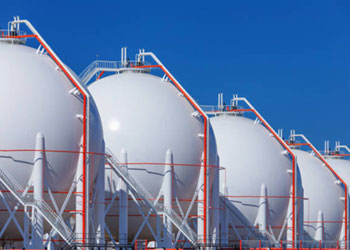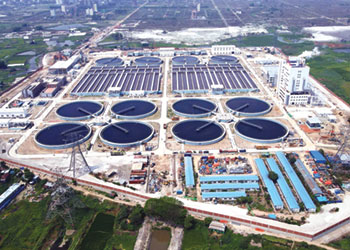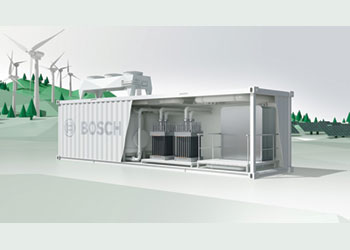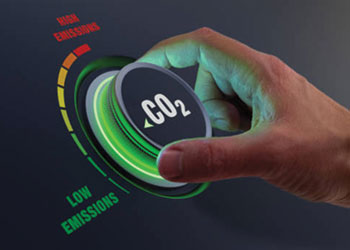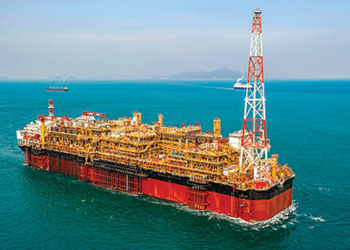
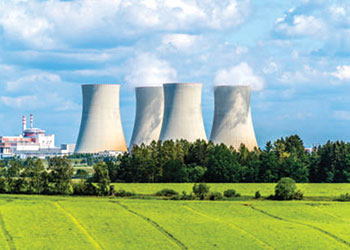 Nuclear energy is a crucial component of Africa’s energy mix
Nuclear energy is a crucial component of Africa’s energy mix
World Nuclear Association and the African Energy Chamber (AEC) have signed a Memorandum of Understanding to drive nuclear energy adoption in Africa.
Nuclear energy has great potential to support sustainable growth and development in Africa's energy landscape. Currently, South Africa relies on two nuclear reactors, which contribute approximately 5 per cent of its electricity generation.
The government has shown strong commitment to nuclear energy, with plans announced in 2019 to build 1 gigawatt of new nuclear capacity by 2030 and extend the lifespan of existing plants.
Egypt has recently taken significant steps, commencing the construction of a nuclear power plant in El Dabaa with four large reactors. This plant aims to generate electricity while also providing substantial desalination capacity.
Meanwhile many African countries, including Ethiopia Nigeria, Ghana, Senegal, Kenya, Uganda, Tanzania, Zambia, Namibia, Rwanda, are exploring the deployment of nuclear energy as part of their strategy to meet urgent energy demand.
Dr Bilbao y León, Director General of World Nuclear Association remarked, "I believe that nuclear energy offers a golden opportunity to build a cleaner, more equitable world, in which everyone has access to clean abundant affordable 24/7 energy and a high quality of life, and I look forward to work with NJ Ayuk and his team at AEC to help Africa make the most of this opportunity by deploying nuclear energy"






































































